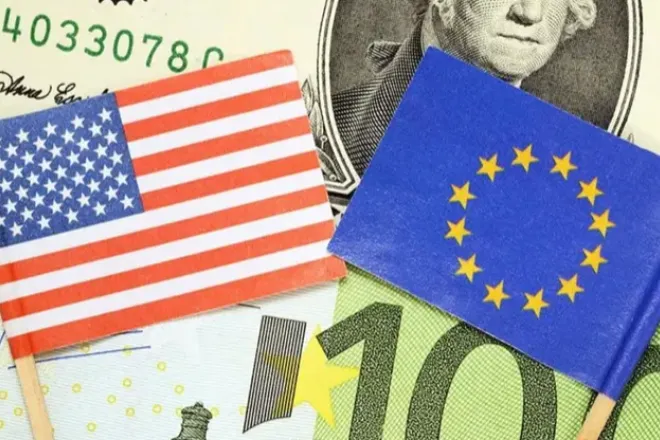Trade relations between the European Union and the United States have grown tense following the Trump administration’s decision to impose tariffs on EU steel and aluminum. These duties were justified on national security grounds, but the EU considers them unfair and damaging to international trade.
Contents
EU’s Response to U.S. Tariffs
In response, the EU is preparing to impose new tariffs worth up to $107 billion on U.S. imports. This move is intended to counterbalance the negative effects of U.S. trade measures and protect European industries. Key American exports are likely to be targeted, including:
- Aircraft and aviation parts
- Vehicles and auto components
- Agricultural goods like corn, soybeans, and beef
- Consumer items such as whiskey and denim

Economic and Political Implications
The EU’s proposed tariffs are designed not only to correct trade imbalances but also to apply political pressure. Many of the targeted industries are significant to U.S. regions that supported former President Trump. This approach reflects a broader strategy of encouraging trade fairness through diplomatic and economic pressure.

Future Outlook
While the EU remains open to dialogue with the U.S., it has signaled readiness to enforce these measures if no agreement is reached. With trade talks ongoing, businesses on both sides of the Atlantic are closely monitoring the situation.
